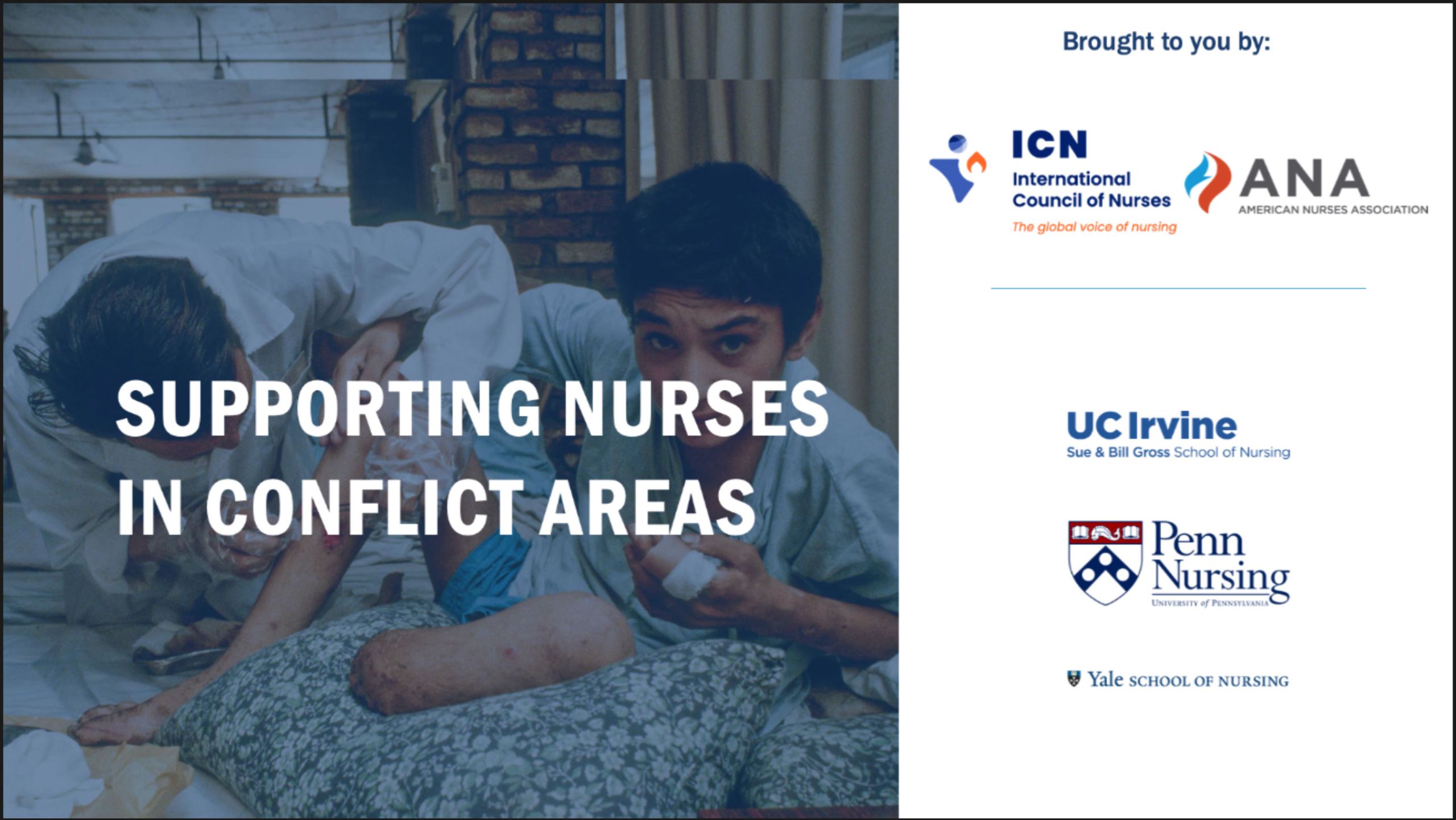March 24 is World Tuberculosis Day.
The date marks Dr. Robert Koch’s discovery of Mycobacterium tuberculosis, the bacillus that causes tuberculosis (TB), in 1882.
Two doctoral students at the UCI Sue & Bill Gross School of Nursing talk about why they are researching tuberculosis and why this disease needs more attention.
 Chel Baker, RN
Chel Baker, RN
Second-year PhD student
Why are you doing TB research?
I previously worked as an RN at a TB clinic, and that experience gave me an appreciation for how complex the disease can be. TB has been around for a long time, but there are still gaps in knowledge about aspects of disease progression, transmission dynamics, and the role of different risk factors.
What do you wish people understood about TB?
Even though TB is relatively rare in the US, it still impacts millions of people worldwide every year. TB is a curable and preventable disease, but more work is needed to address barriers to diagnosis and treatment and to prevent ongoing transmission.
What is your area of research?
My research interests are centered on TB epidemiology and transmission, including geographic variation in disease burden and the role of physical and social environments in transmission. I’m especially interested in how genomic and geospatial data can be combined to learn about transmission in community settings.
Valerie PhamDo, RN
PhD candidate
 Why are you doing TB research? Why is this research important?
Why are you doing TB research? Why is this research important?
Before COVID-19 took center stage, tuberculosis (TB) was the world’s most lethal infectious killer. An estimated 13 million people in the U.S. have latent TB infection (LTBI) and act as reservoirs for TB disease.
Despite the overall decline in the number of active TB cases in the U.S., non-U.S.-born persons remain disproportionally affected. Of the total number of TB cases reported nationally in 2017, non-U.S.-born residents accounted for approximately 70%.
However, the disparity is even greater in Orange County, where non-U.S.-born residents accounted for approximately 89%. Molecular epidemiological analyses have shown that more than 80% of U.S. TB cases are estimated to be the result of untreated LTBI. Thus, treatment of LTBI is critical to control and eliminate active TB disease in the U.S.
What do you wish people understood about TB?
Current TB control strategies are effective at combating active TB disease, but insufficient to promote progress toward the goal of eliminating TB in the U.S.
To truly move toward TB elimination, key strategies for lowering incidence must place more emphasis on latent TB populations with high risk for TB disease activation. However, LTBI treatment efforts have faced several challenges.
One especially challenging obstacle is establishing a feasible strategy for screening LTBI in non-U.S.-born persons. Screening all non-U.S.-born persons for LTBI would deplete limited public health resources and lead to high false-positive results. Thus, screening efforts should be dedicated to specific high-risk subgroups of non-U.S.-born populations.
One high-risk LTBI group already procedurally screened for TB is status adjustors seeking a change from temporary to permanent U.S. residency. All status adjustors seeking permanent residency in the U.S. must go through a medical examination that includes TB screening, both active and latent conditions.
The high proportion of TB cases among permanent residents indicates that these residents were once screened during their application for permanent residency, but few were offered treatment; thus, leading to progression of their TB infection to TB disease.
Dedicating efforts to providing new immigrants from high TB incidence countries with access to evidence-based care may lessen the health disparity gap and accelerate progress toward TB elimination. However, status adjustors received little to no attention until recent outreach efforts brought attention to this population.
In response to the increased recognition of the lack of treatment for LTBI-positive status adjustors, the Centers for Disease Control and Prevention (CDC) released guidelines for immigration doctors to make screening more robust and ensure LTBI-positive status adjustors are provided with evidence-based treatment.
For the first time, LTBI-positive status adjustors must be informed of their status and their LTBI-positive result must be reported to the local health department. This mandatory reporting to the local health department is the first for LTBI and brings immigration doctors to the forefront as key players in the US TB elimination strategy.
What is your area of research?
My dissertation aims to a) explore provider adherence to CDC guidelines and b) examine the association between provider adherence to CDC guidelines and LTBI treatment rate.
Support the UCI Sue & Bill Gross School of Nursing: For more information, to support a future nurse or nurse-led research, please connect to Juliana Goswick, Director of Development at jgoswick@hs.uci.edu.




Leave A Comment